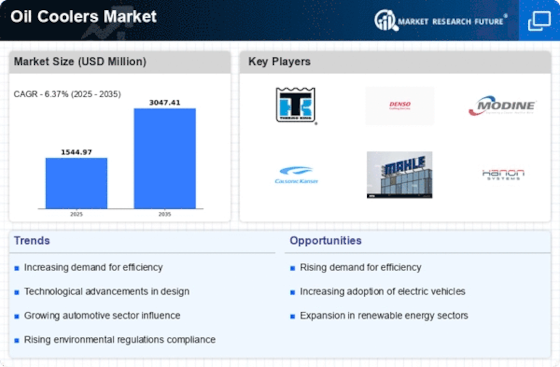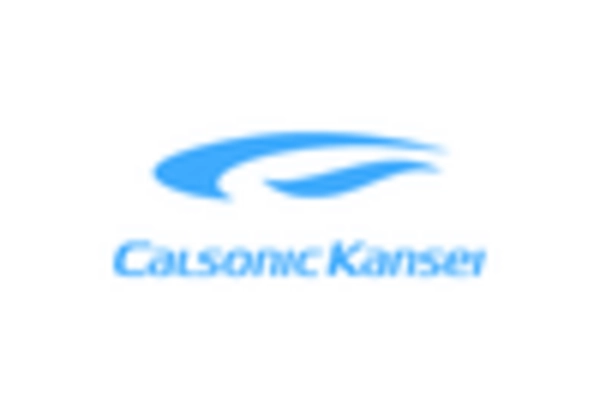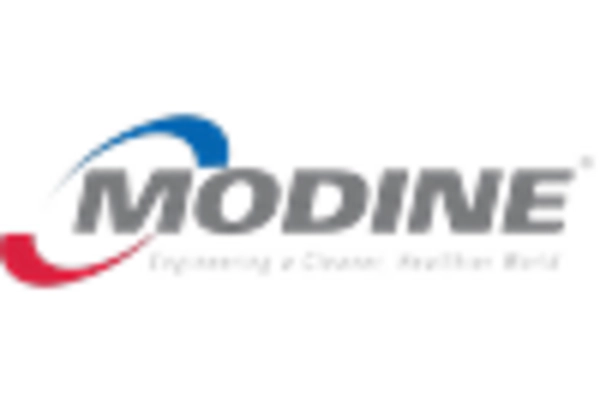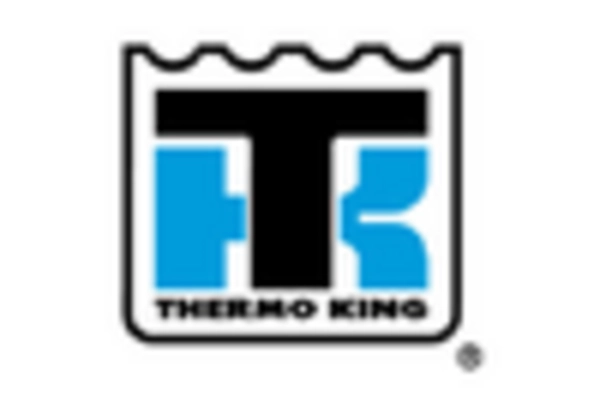Market Trends
Key Emerging Trends in the Oil Coolers Market
Oil cooling is a common method for managing the surplus heat generated by internal combustion engines. In this process, oil serves as the coolant, and the excess heat from the engine is transferred to the oil. Subsequently, the oil typically passes through a heat exchanger. The use of oil coolers in heat exchangers presents a range of advantages and disadvantages, one of which is the capability of oil to cool objects at temperatures where water might be less effective due to its higher boiling point. This characteristic is particularly beneficial in situations where high temperatures are anticipated, considering the diverse applications of heat exchangers.
Oil coolers play a crucial role in cooling engine oil and hydraulic fluids. The heat present in the lubricant is conveyed to the oil cooler, where it is then cooled either by the surrounding air or the coolant within the radiator. In some setups, the oil cooler is housed within the radiator water tank. This dual functionality not only enhances the efficiency of industrial equipment but also safeguards them from potential failures, ultimately prolonging the lifespan of the equipment. This aspect is poised to propel the demand for oil coolers in various industrial applications.
The application of oil coolers in internal combustion engines and hydraulic systems is pivotal for maintaining optimal operating temperatures. By efficiently dissipating excess heat, oil coolers contribute to preventing overheating, which is crucial for the seamless functioning of engines and hydraulic components. The ability of oil to withstand higher temperatures compared to water makes it a preferred coolant in situations where elevated temperatures are expected, ensuring that the equipment operates within safe temperature ranges.
In industrial contexts, where machinery and equipment operate under demanding conditions, the role of oil coolers becomes even more significant. They not only contribute to efficient cooling but also act as a protective measure, preventing equipment from potential breakdowns and ensuring a longer operational life. As industries continue to rely on sophisticated machinery and systems, the demand for effective cooling solutions, such as oil coolers, is anticipated to rise, driven by the need for enhanced performance, reliability, and longevity of industrial equipment.
The use of oil coolers in heat exchangers, particularly in internal combustion engines and hydraulic systems, is a vital aspect of efficient cooling and temperature regulation. The ability of oil coolers to withstand high temperatures, coupled with their dual functionality in cooling engine oil and hydraulic fluids, positions them as indispensable components in various industrial applications. As industries prioritize the longevity and reliability of their equipment, the demand for oil coolers is expected to grow, making them integral to the optimal functioning of industrial machinery.


















Leave a Comment